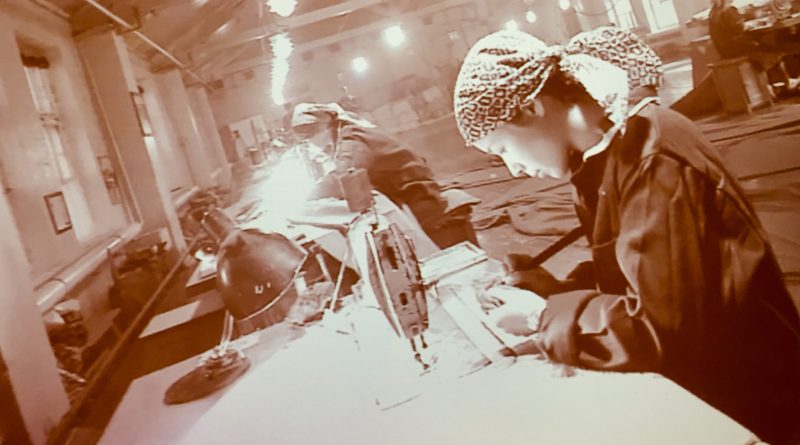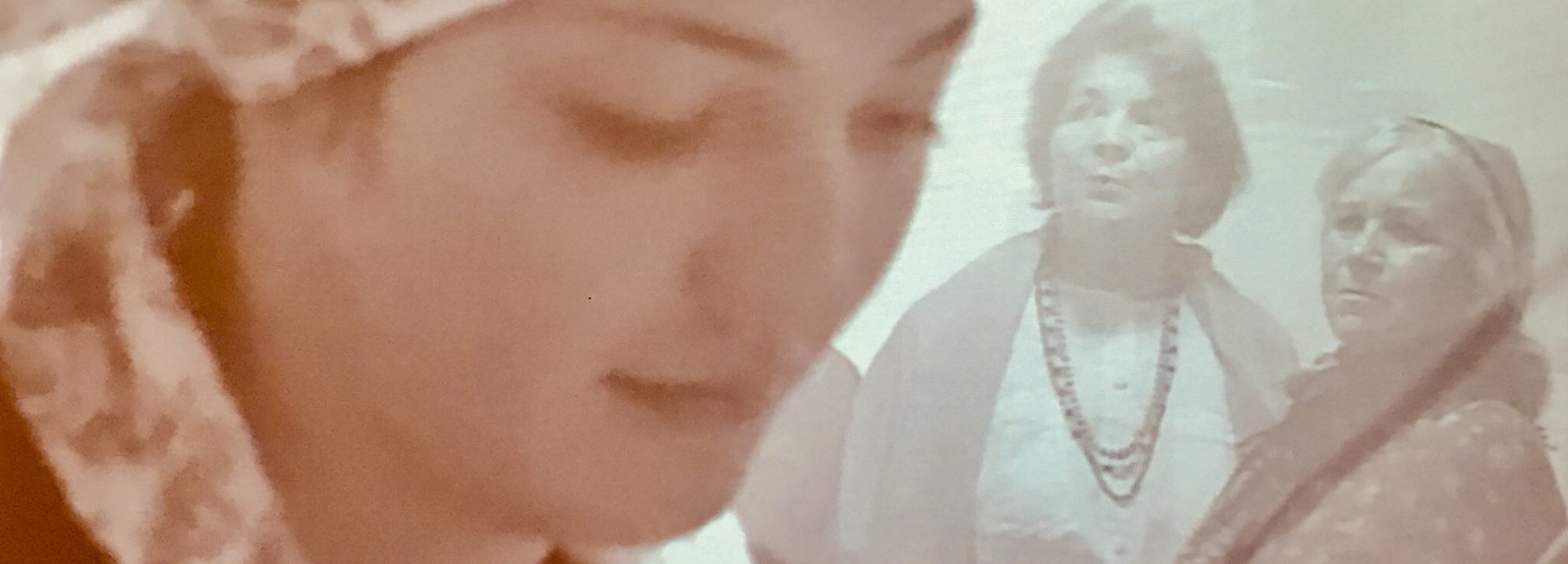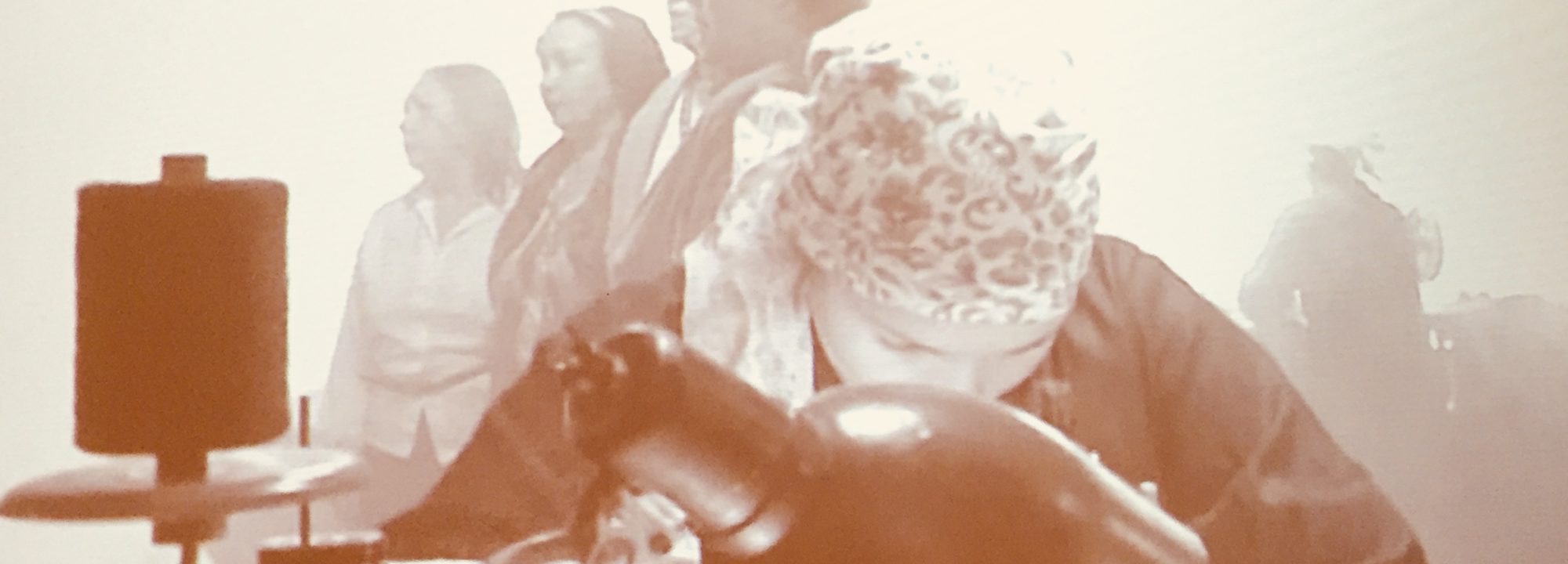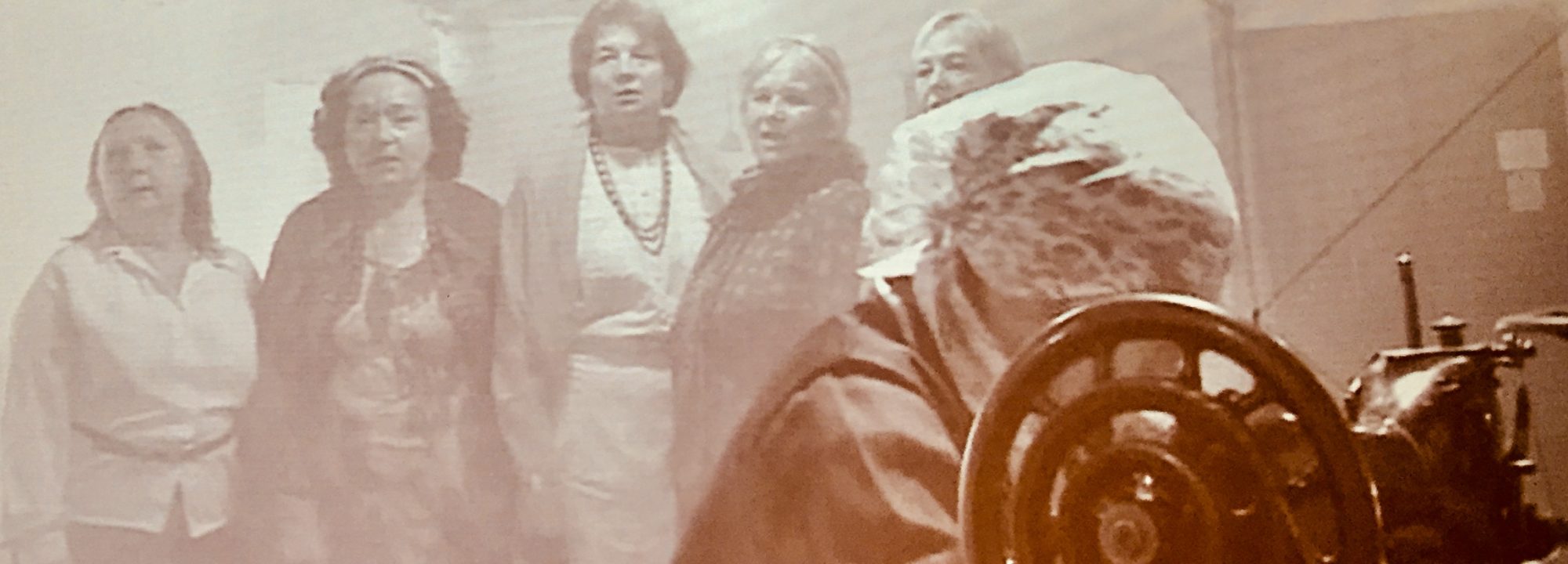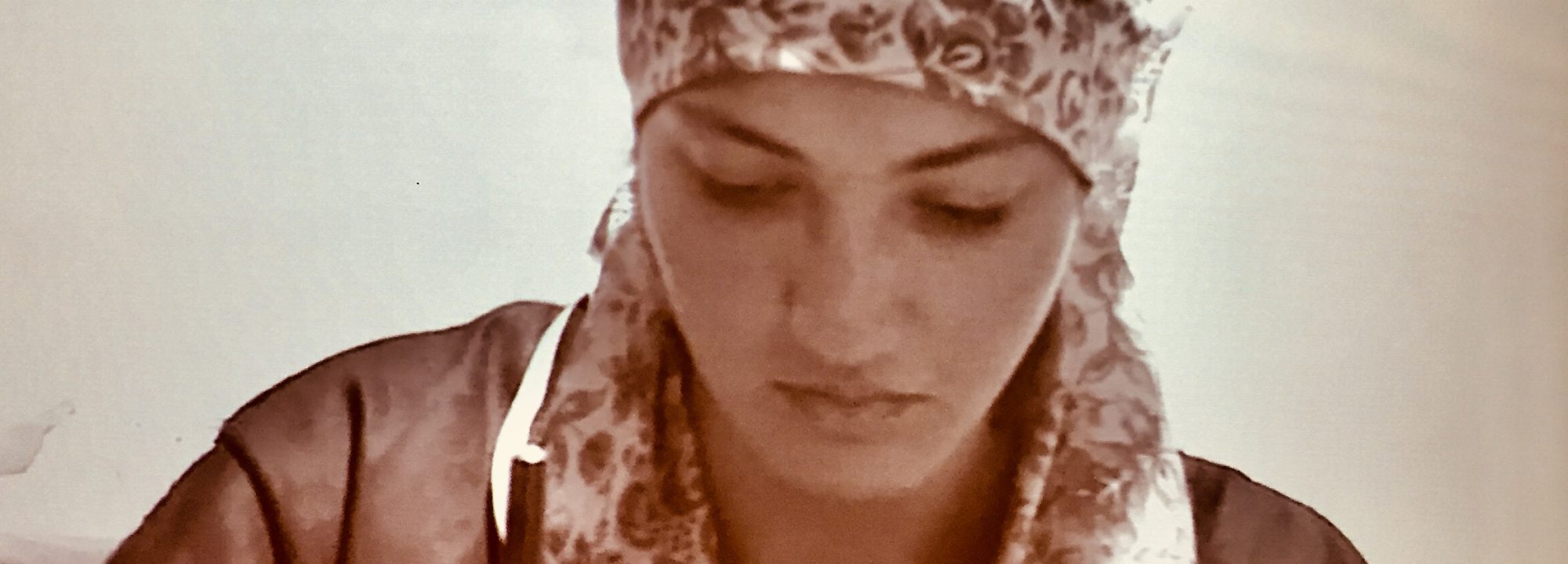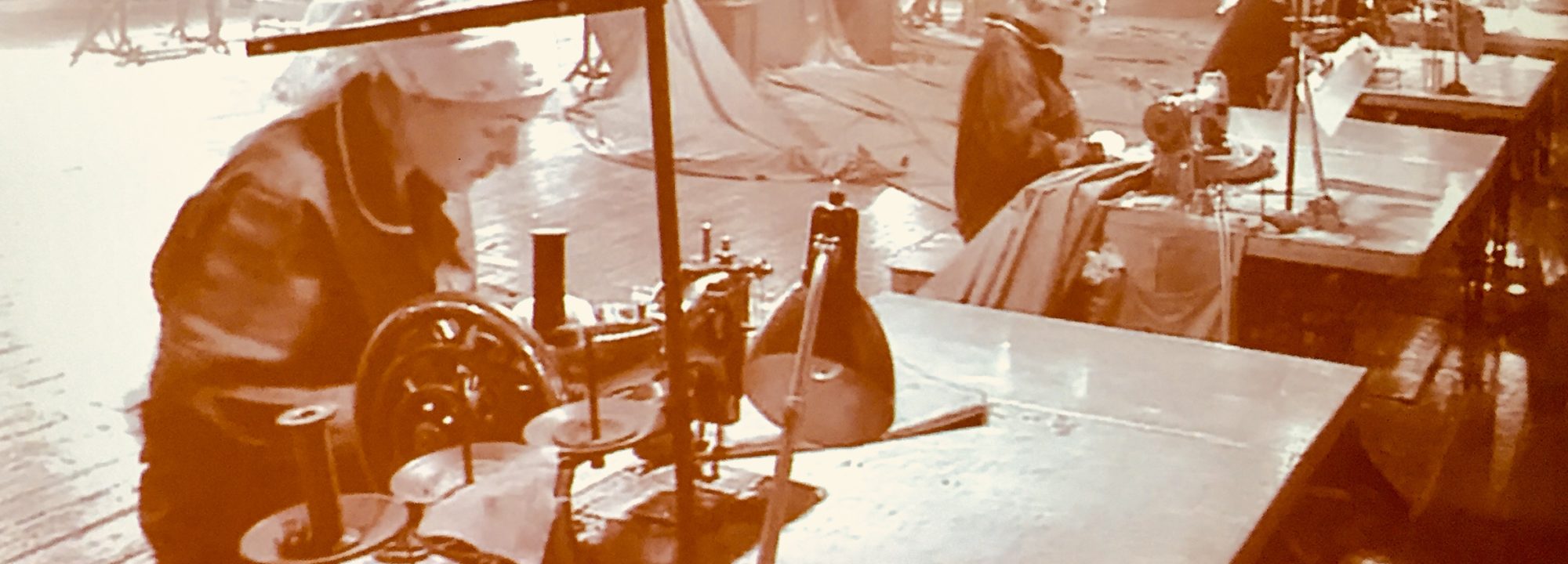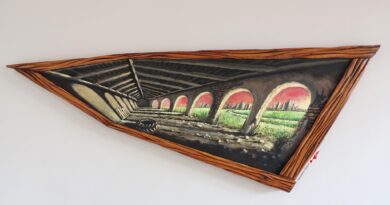Children of the Radiant Future vs. Children of Communism: the unavoidable withdrawal from the socialist utopia
The Centre for Contemporary Art Luigi Pecci in Prato (Tuscany) is devoted to the contemporary arts of the last three decades and was founded in 1988 in memory of Luigi Pecci, the son of the industrialist Enrico Pecci. The Pecci Center currently hosts some works made by artists from Eastern Europe.
Contemporary Eastern European artists often have to confront themselves with the failed democratization of their society, which at the beginning was paralleled by the appearance of the capitalism after the collapse of the communism. According to Boris Buden the notion of Post-Communist transformation can be classified as a transition zone and identified with a collective utopia of entering the domain of an eagerly awaited democracy. For Buden the unavoidable withdrawal from this utopia represented in the first decade of the XXI Century the historical end of Post-Communism. As a result of it, the so called ‘children of communism’ built a melancholic tie with the past.
«Фабрика найденных одежд» (Fabrika Najdennych Odezhd – Factory of Found Clothes, FFC) is a group established in 1995 in Saint Petersburg by two Russian post-feminist artists, Olga Egorova (Ольга Егорова) and Natalya Pershina-Yakimanskaya (Наталья Першина-Якиманская). Gluklya and Tsaplya are the nicknames of the two artists.
FFC’s black and white film Алые Паруса (Scarlet Sails) was shot in 2007 and produced in a frame work of the site specific project “Kronstadt Forever” organised by Что Делать (Chto Delat) in Kronstadt . The cameraman is Владимир Бриляков (Vladimir Brilyakov) and the editing by Кирилл Шувалов (Kirill Shuvalov). The two artists dedicated their work to the Soviet writer Alexander Grin (Aleksandr Grin, Алекса́ндр Грин), whose real name was Aleksandr Stepanovich Grinevsky (Александр Степанович Гриневский). His most famous novel was Scarlet Sails (Алые паруса), a love story written in 1923, made into a 1961 film, when during the Khrushchev Thaw, Grin’s works enjoyed a revival of popularity.
The two Russian artists chose as location for the shooting Kronstad (Кроншта́дт), a famous historical place during the 1917 February Revolution.
The short film shows some young Russian women in a sewing workshop labour over a long, unidentified piece of fabric. Their work is at some point interrupted by a group of older women, who enter the fabric with decisive, rather marching step, while singing a traditional Soviet song. Their words echo in the exhibition hall: «Without friends is very hard to live […] And even scarlet sails turn grey over time».
Suddenly a contrast between two generation arise: the ‘children of the radiant future’ and the ‘children of communism’ fight over a vessel with ‘scarlet sails’, an imperial symbol, a missing piece of a forgotten forbidden history.
____________________________________________________________________________
Photo Credits: Leila Tavi
Video from the official YouTube site of FactoryFoundClothes

